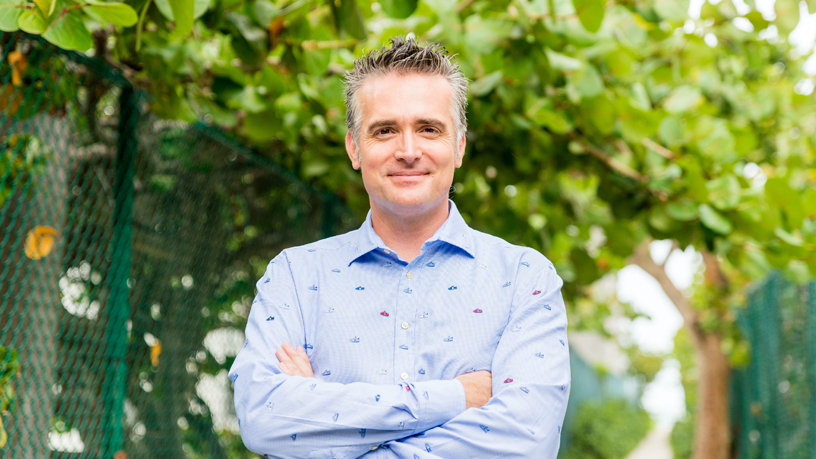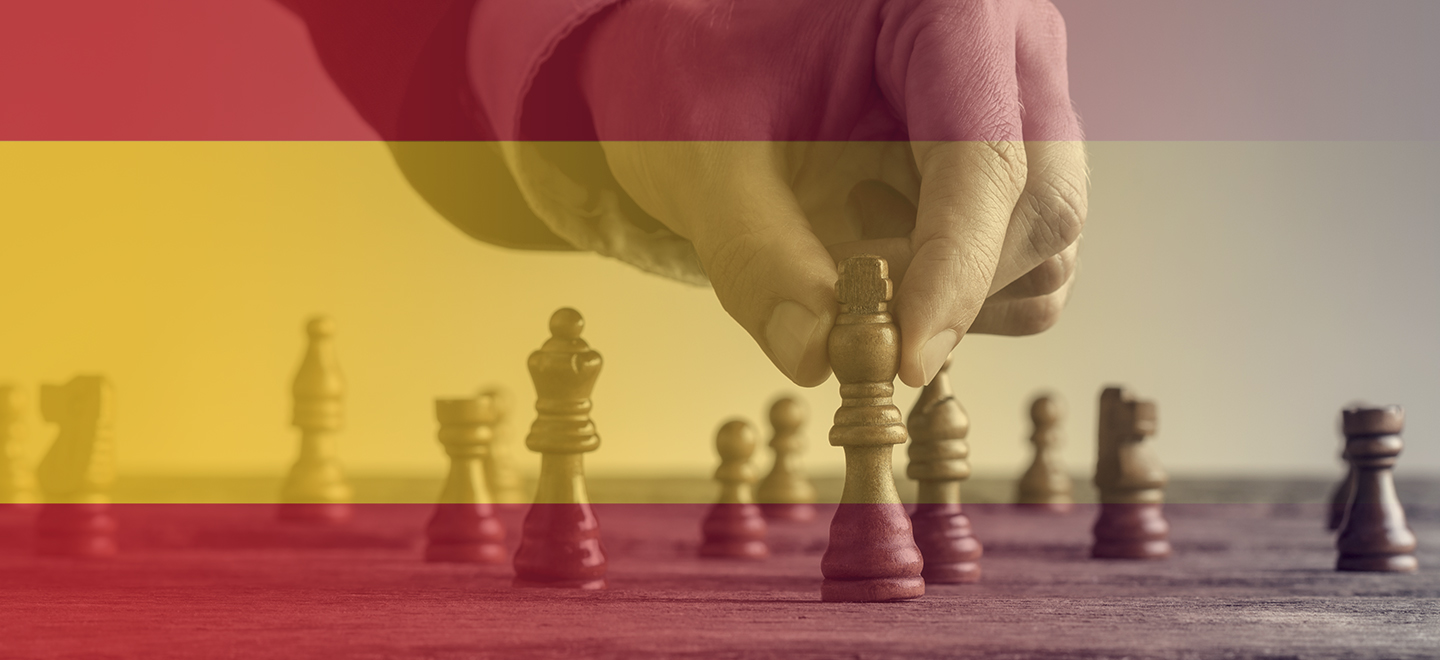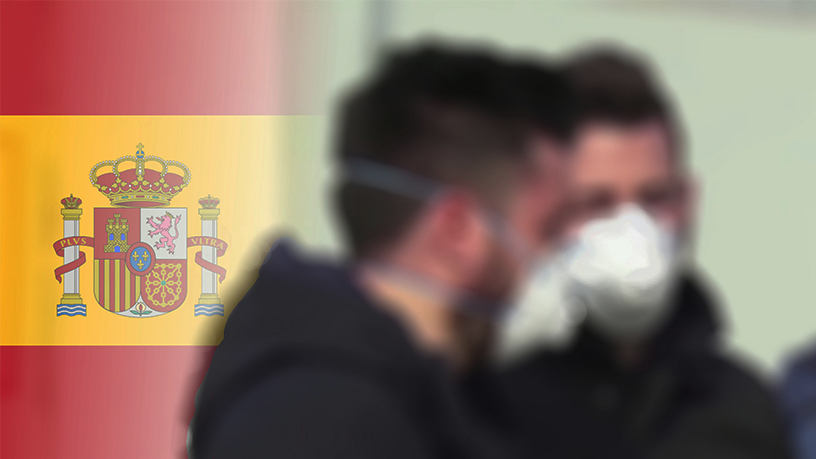Startups in Spain are grappling with a freeze in funding and business prospects are grim, ever since the country went under lockdown on March 14 to fight the Covid-19 outbreak, with the economy practically grinding to a halt.
In an interview with CompassList, prolific Spanish angel investor and serial entrepreneur Eneko Knorr discussed the risks and opportunities in the current climate of economic gloom and uncertainty.
Besides building tech companies in Spain and Silicon Valley for 20 years, Knorr has also been a tech investor over the past decade. His notable investments to date include Cabify, Spain's first unicorn, and big exits such as Ticketbis (sold to eBay for $165m in 2016) and Habitissimo (sold to Homeserve). In more recent years, his focus extended to cryptocurrencies and decentralized finance, with Knorr founding Onyze, a CaaS (Crypto-assets as a Service), in 2018, offering secure technology infrastructure for the safeguarding of digital assets.
Spain's economy is expected to sink into recession this year, after growth of 1.9% in 2019. The recent rout in stock markets worldwide has also caused a liquidity crunch among investors. Spain's benchmark Ibex 35 plummeted 22% year-on-year in March and 29% in the first quarter, the worst declines in history that wiped €160bn off the bourse.
VC investments rose to an all-time high of €737m in 2019 from €505m in 2018, according to data by the Spanish Venture Capital & Private Equity Association, or ASCRI, made up by nearly 100 national and international VC and PE firms.
This interview was conducted by email. It has been edited for length and clarity.
What has changed in the startup funding landscape here since the Covid-19 outbreak? Have we begun to see deals being postponed or cancelled? Any fall in funding numbers?
Some of the big funds in Spain have announced publicly that they are still doing deals as usual, but I know of deals that have been delayed, and some that even fell through because of investors pulling out. Entrepreneurs can see their startup's valuations going down because of this new situation, which is a huge risk for them.
We are in a crisis caused by something new and we can't foresee its depth. Investors are cautious.
In the current situation, are VCs struggling to raise money for their funds as well?
Sure, VC funds that were fundraising or planning to fundraise in Q2 and Q3 are going to struggle. Big investors in Spain are in a wait-and-see mode. During a crisis, cash is king. In my biased opinion, there are big opportunities for money making by investing in tech startups, but I also understand those LPs who are more focused on saving their money.
In your opinion, which sectors and technologies offer the best investment opportunities? Which are the least attractive?
When investing in a startup, we always look at the medium-to-long term, from 4 to 10 years, so we shouldn't care about what will happen within the next few months.
The issue is: which industries will have a harder time recovering? In that sense, the number one is, by far, travel and tourism. Those startups are going to go through hell, literally.
Else, the economic crisis aside, this could be the moment for decentralized finance (DeFi) and fintech in general.
During a crisis, cash is king
What about funding stages? Which one(s) would be the most affected? What would you suggest to startups that are looking to IPO?
The WeWork crisis had pushed valuations and IPO expectations down by a lot, and now every funding stage will be affected even more. IPOs will be dead for the rest of the year, and big rounds will be rare.
Would you suggest that founders look for alternative forms of fundings, such as ICOs?
ICOs basically died and will remain buried for a while, with a few exceptions. Security Token Offerings (STOs) should take off this year and become an actual alternative to VC funding, hopefully.
What can VCs do now to best support the startups in their portfolio?
Help with finding customers, help with international expansion and find a way to become cashflow positive. We will see investors looking for startups on a clear path to profitability, because startups that burn a lot of cash and rely on further rounds to survive imply a huge risk nowadays.
In all these above, have you seen any differences between foreign and local investors?
No, they are probably similar in behavior.
2019 has been a record year in Spain in terms of startup fundings, and with consistent and positive trends. What will be Covid-19’s likely impact be on 2020–2021 fundings, given that most business metrices in this period will be drastically affected?
We're looking at moving from a record year to a tragic year. Unfortunately, the number of rounds and the amounts invested are going to be down by a lot, as we will see deals frozen or delayed. There are VCs that will keep investing, but probably they will change their investment hypothesis to look for profitability.
Are you investing in any startups right now? If so, which ones?
I just invested with my syndicate [of local angel investors] AngelClub, €200,000 in Kasaz, a real estate portal.
The economic downturn aside, I still see that the market is huge and there is great opportunity to become a big player. In a few weeks, I'll invest in a biotech company based in Boston. In this case, the crisis does not affect the startup at all.
The economic downturn aside, I still see that the market is huge and there is great opportunity
The Spanish government is currently looking to tighten controls on foreign investment. Do you think Spain has a sufficient mix of private and public infrastructures to help the ecosystem grow during this downturn?
I'm worried about the fact that public R&D subsidies and grants are getting delayed or just cancelled. We need government money more than ever.
As for the controls on foreign investments, created to avoid having someone buying Telefonica at a bargain, are a disaster for the tech startup industry. They should change the regulation – it does not make sense and it's really bad for the ecosystem.
What would you suggest that startup CEOs focus on in the current climate?
Have laser focus on profitability. We have to prepare for long months of a deep crisis, and perhaps we should postpone ambitious growth plans, to go slower, burning less cash.










